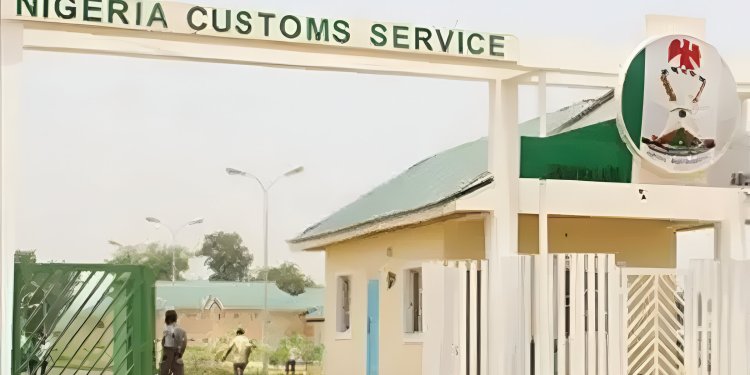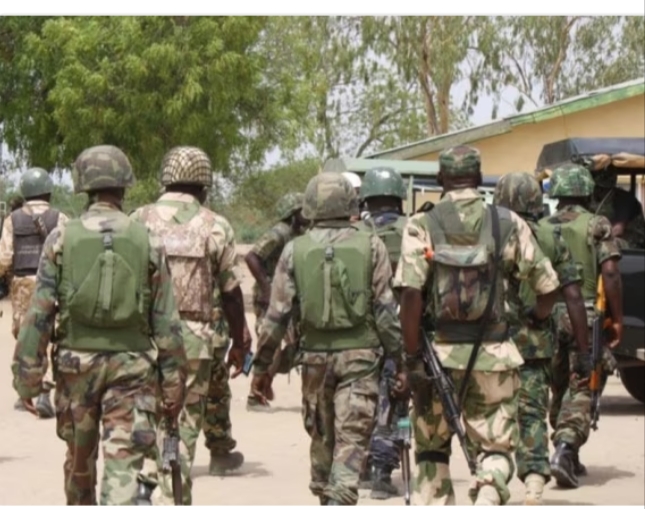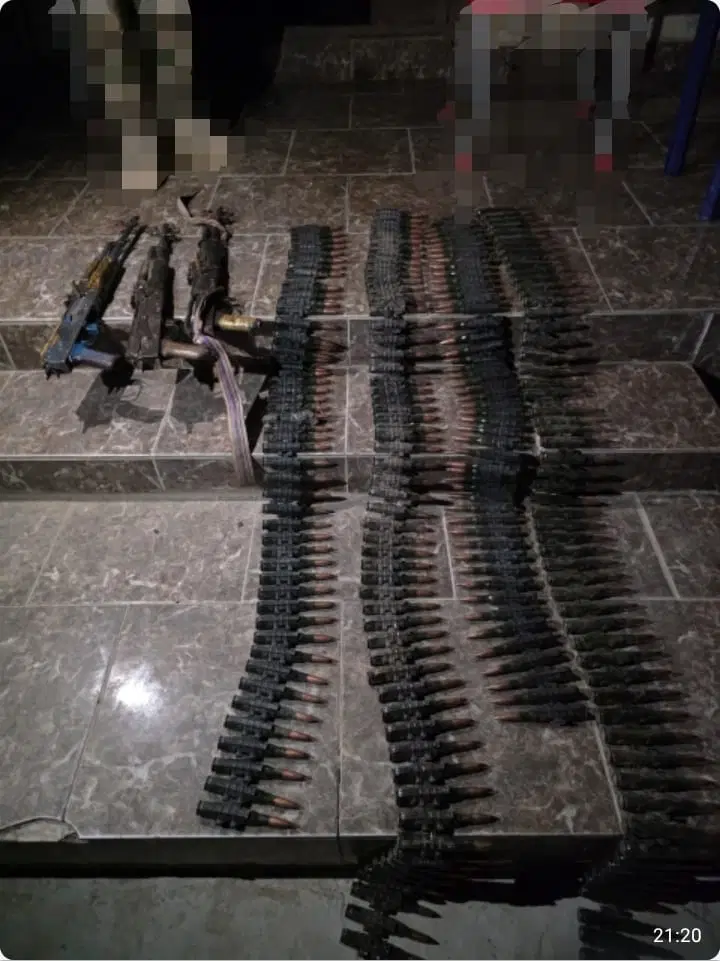The room was thick with tension as he spoke, his words cutting through the air like a sharp blade. “The mission of the committee is clear,” he declared, his voice firm, yet laced with an underlying urgency. “We must track down and eradicate the locations of substandard, counterfeit, and illicit pharmaceuticals, as well as dangerous narcotics like tramadol and codeine. These substances are not just pills—they are weapons. Weapons that fuel abuse, and even worse, are used to perpetuate violent activities such as banditry and terrorism.”
A chill ran down the spine of everyone in the room. This was not just a fight against drugs—it was a battle for the very soul of the nation.
“The committee wasted no time,” he continued, his eyes scanning the room, as though recounting every step with precision. “We identified the most likely hotspots—Apapa Port, Tinkan Island Port, Onne Port, Calabar Port, and even the busiest international hubs, Lagos and Aminu Kano airports. These places—once thought safe—are now suspected to harbor this deadly trade.”
The stakes were rising, and the implications were terrifying. Every container, every shipment left unchecked was a potential threat to the safety and health of millions. But the government’s response was swift, relentless.
“The goal,” he said, his voice now cold with determination, “is simple: These items cannot, must not, return to society. The National Security Advisor has made it clear—these substances must be destroyed. If allowed to reach the streets, they will endanger lives, wreck communities, and jeopardize national security.”
The destruction process had already begun, he explained, his tone intensifying. “A few weeks ago, Phase One of the operation in Lagos saw over 70 containers obliterated. But this is just the beginning. Phase Two is underway, with more than 100 containers still waiting to be dealt with in Lagos alone. The gravity of the situation is undeniable. Today, we turn our attention to Port Harcourt, where over 60 containers stand ready for destruction.”
With each passing moment, the gravity of their mission deepened. It wasn’t just about eradicating illegal substances—it was about restoring the safety and health of an entire nation. “This is about taking these dangerous items out of the equation and ensuring that Nigerians remain safe, healthy, and secure,” he said, a glimmer of satisfaction in his voice.
And then, a final, powerful note: “The approach we’ve taken is a multi-agency one—one that reflects the commitment of all levels of government to fight this threat. The cooperation from the Lagos State Government, the River State Government, and, most importantly, the people of these regions, has been extraordinary. This is not just a government initiative; it’s a nationwide movement—a collective stand against the illegalities threatening our country.”
As he finished, a silence fell over the room. There was no mistaking the seriousness of the task ahead. This battle was far from over, but one thing was certain: the government was unwavering in its commitment to reclaim Nigeria from the dark forces threatening to tear it apart.





